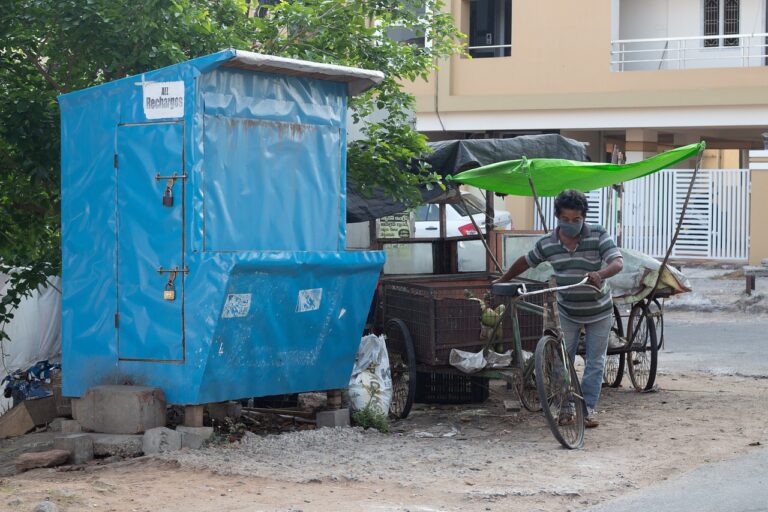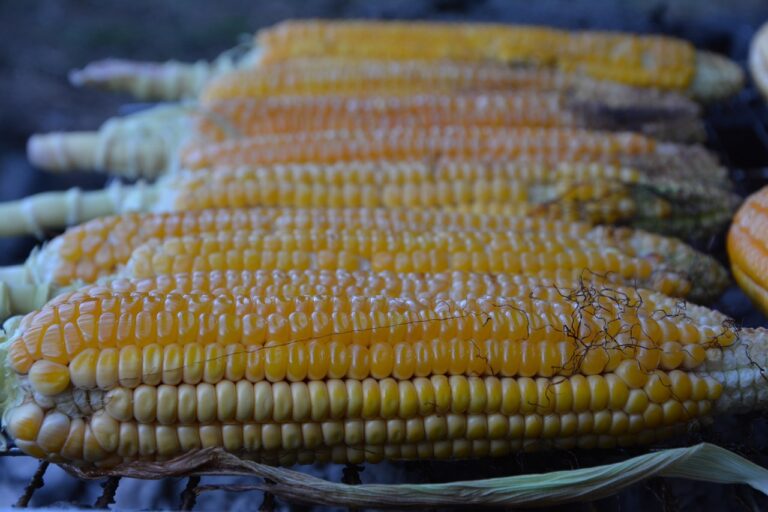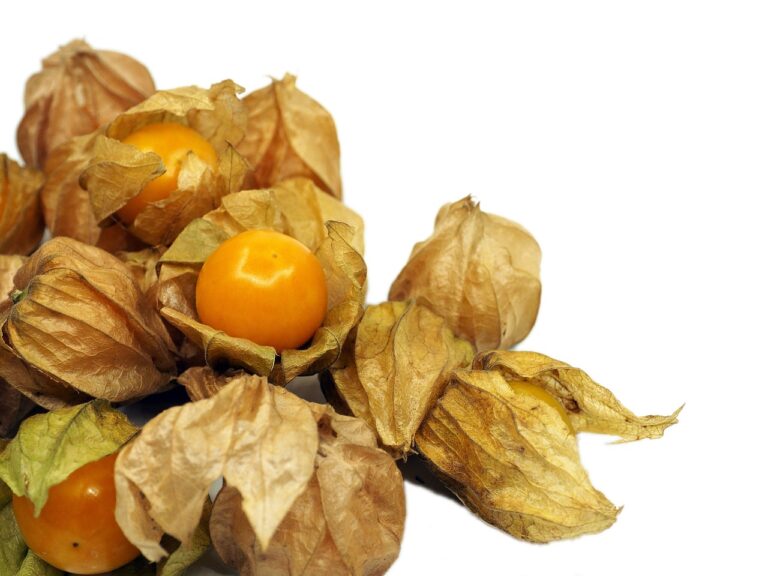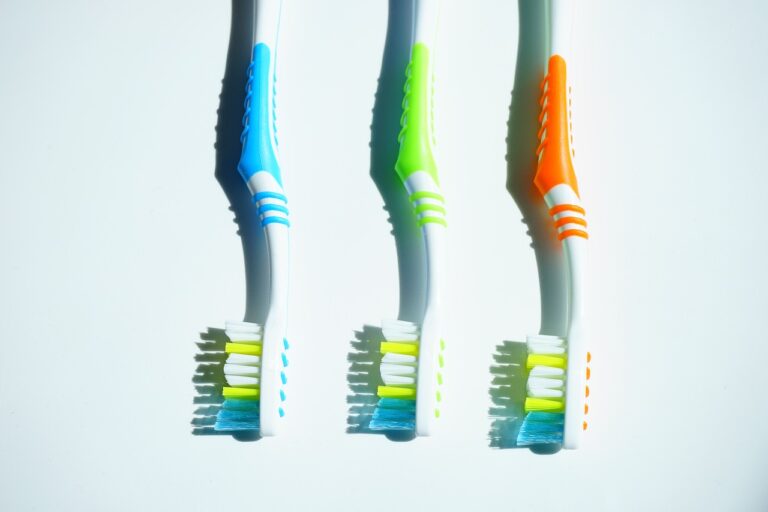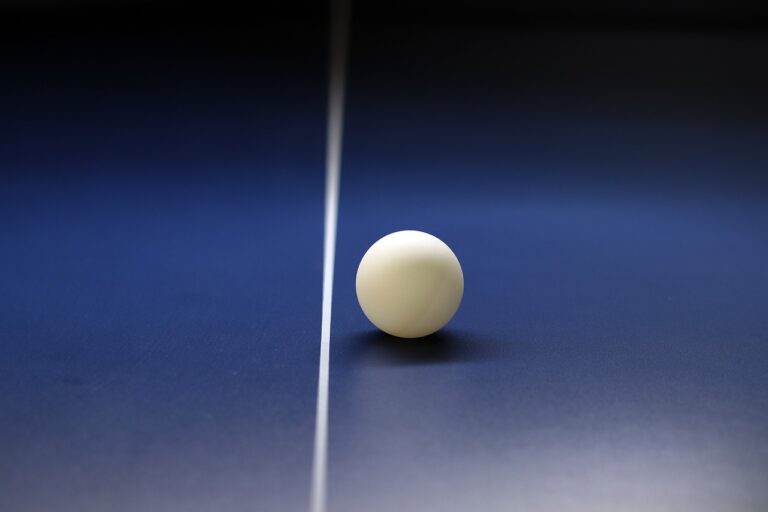The Benefits and Practices of TCM Tuina Singapore
In the world of traditional healing, TCM Tuina Singapore has gained remarkable attention for its holistic approach to health and wellness. Rooted in Traditional Chinese Medicine (TCM), Tuina is a therapeutic massage that combines acupressure, stretching, and manipulation techniques to restore balance within the body. Over the years, it has become a popular choice for individuals in Singapore seeking natural remedies for pain management, stress relief, and improved overall well-being.
Understanding the Essence of Tuina
Tuina (pronounced “twee-nah”) literally translates to “push and grasp.” It is one of the oldest healing therapies in Traditional Chinese Medicine, dating back over 2,000 years. Unlike regular massages that primarily focus on relaxation, Tuina goes deeper by stimulating the body’s meridian channels and acupuncture points. The purpose is to regulate the flow of “Qi” (vital energy) and blood throughout the body to achieve balance and health.
In Singapore, where the fusion of modern medicine and traditional therapies is highly valued, Tuina has become a reliable solution for those looking for complementary treatments. Clinics specializing in TCM Tuina Singapore often cater to patients suffering from musculoskeletal conditions, chronic pain, insomnia, stress, and even digestive disorders.
Key Benefits of Tuina Therapy
Tuina offers a wide range of health benefits, making it a go-to therapy for many. Some of the most notable advantages include:
1. Pain Relief
Tuina is widely used to treat back pain, neck stiffness, frozen shoulder, arthritis, and sports injuries. By targeting specific acupoints, Tuina enhances blood circulation, reduces inflammation, and alleviates tension in the muscles.
2. Improved Circulation
The techniques used in Tuina promote better blood flow and lymphatic circulation. This not only helps with detoxification but also ensures the delivery of nutrients and oxygen throughout the body.
3. Stress Reduction and Relaxation
With the fast-paced lifestyle in Singapore, stress and anxiety are common issues. Tuina helps calm the nervous system, relax tense muscles, and release endorphins, which naturally improve mood and emotional well-being.
4. Support for Digestive Health
TCM practitioners often use Tuina to address gastrointestinal concerns such as indigestion, bloating, or constipation. By massaging certain abdominal points, Tuina stimulates digestive functions and restores balance.
5. Holistic Healing
Unlike quick fixes, Tuina works on the root causes of health issues. Its focus on restoring balance and harmony makes it a holistic therapy that can be used in conjunction with other TCM treatments like acupuncture, cupping, or herbal medicine.
TCM Philosophy Behind Tuina
The effectiveness of Tuina lies in its foundation in TCM philosophy. According to TCM, illness arises when there is an imbalance of Yin and Yang or a blockage in the flow of Qi. Tuina aims to remove these blockages by applying pressure and manipulation along meridians, restoring balance and supporting the body’s natural healing ability.
This therapeutic method is not just about treating symptoms but also about enhancing the body’s resilience against illness. For instance, many people who regularly seek TCM Tuina Singapore sessions report not only relief from specific conditions but also an overall improvement in energy levels, sleep quality, and immunity.
What to Expect During a Tuina Session
For individuals new to Tuina, understanding the process helps prepare them for the experience. A typical session includes:
-
Consultation – The practitioner will assess the patient’s condition, medical history, and TCM diagnosis to customize the treatment.
-
Treatment Techniques – Tuina involves a variety of hand techniques such as kneading, rolling, pressing, and tapping, each serving a different purpose.
-
Acupressure Stimulation – Pressure is applied to acupuncture points along meridians to unblock energy flow.
-
Stretching and Manipulation – Gentle stretches may be used to improve joint mobility and muscle flexibility.
-
Duration – Sessions generally last between 30 to 60 minutes, depending on the patient’s condition.
Unlike a spa massage, Tuina can sometimes feel more intense because it targets deeper tissues and energy channels. However, most patients report feeling a sense of relief, relaxation, and lightness after treatment.
TCM Tuina Singapore for Different Needs
One of the reasons Tuina is popular in Singapore is its versatility in addressing different age groups and health conditions.
-
Children’s Tuina: A specialized form of Tuina is available for children, focusing on boosting immunity and treating issues such as poor appetite, colds, or digestive troubles.
-
Sports Recovery: Athletes and fitness enthusiasts use Tuina to recover faster from injuries, prevent muscle strains, and improve flexibility.
-
Chronic Conditions: For patients with long-term conditions like arthritis or migraines, Tuina offers a complementary therapy that reduces dependency on medication.
-
Office Workers: Given the sedentary lifestyle of many professionals, Tuina is effective in relieving back pain, carpal tunnel syndrome, and posture-related issues.
Choosing a Reliable TCM Tuina Provider
When seeking TCM Tuina Singapore, it is important to select a reputable clinic or practitioner. Here are some factors to consider:
-
Credentials and Licensing: Ensure the practitioner is licensed under the Traditional Chinese Medicine Practitioners Board (TCMPB) in Singapore.
-
Experience: Look for practitioners experienced in handling specific conditions, whether musculoskeletal issues, stress management, or pediatric care.
-
Integrated Care: Some clinics offer Tuina alongside acupuncture, cupping, and herbal prescriptions, providing comprehensive TCM care.
-
Patient Reviews: Reading testimonials and reviews can provide insights into the effectiveness and quality of service.
The Role of Tuina in Modern Healthcare
Tuina continues to prove its relevance in modern healthcare by blending traditional wisdom with contemporary needs. In Singapore, many people use Tuina as a complementary therapy alongside Western medicine. For instance, patients recovering from surgery may use Tuina to ease pain and speed up recovery, while those dealing with chronic stress use it for emotional balance.
As healthcare evolves, therapies like Tuina demonstrate the importance of holistic well-being—treating not just physical ailments but also nurturing mental and emotional health.
Conclusion
In a bustling society like Singapore, where stress and health challenges are common, Tuina stands as a powerful therapy that bridges traditional healing and modern wellness. By improving circulation, reducing pain, balancing energy, and enhancing overall vitality, Tuina offers benefits that go far beyond relaxation.



